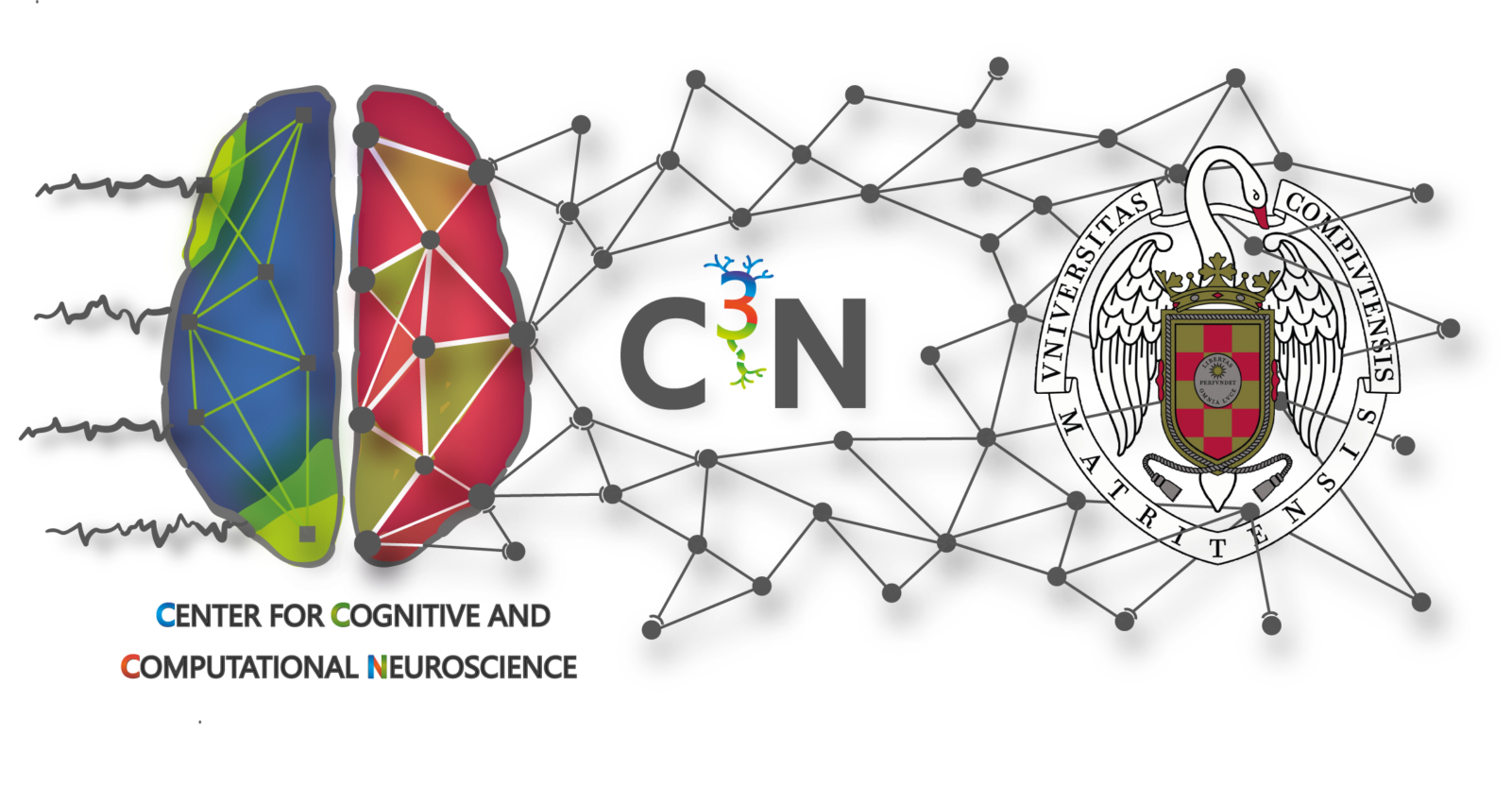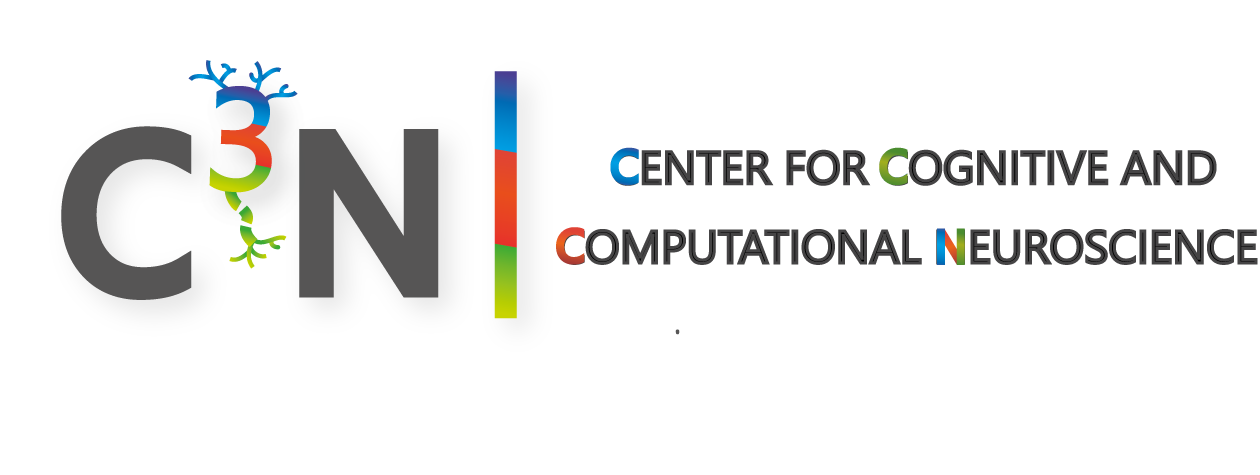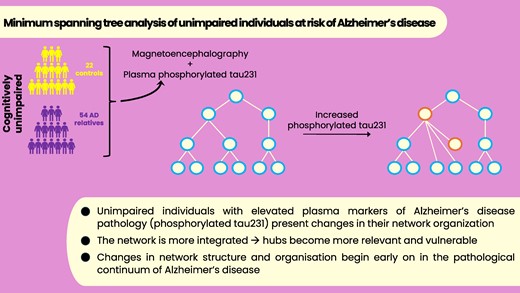
Análisis de árbol de expansión mínimo de individuos sin discapacidad con riesgo de enfermedad de Alzheimer
Alejandra García Colomo Estamos muy emocionados de compartir nuestra nueva publicación, en colaboración con Amsterdam UMC y[…]
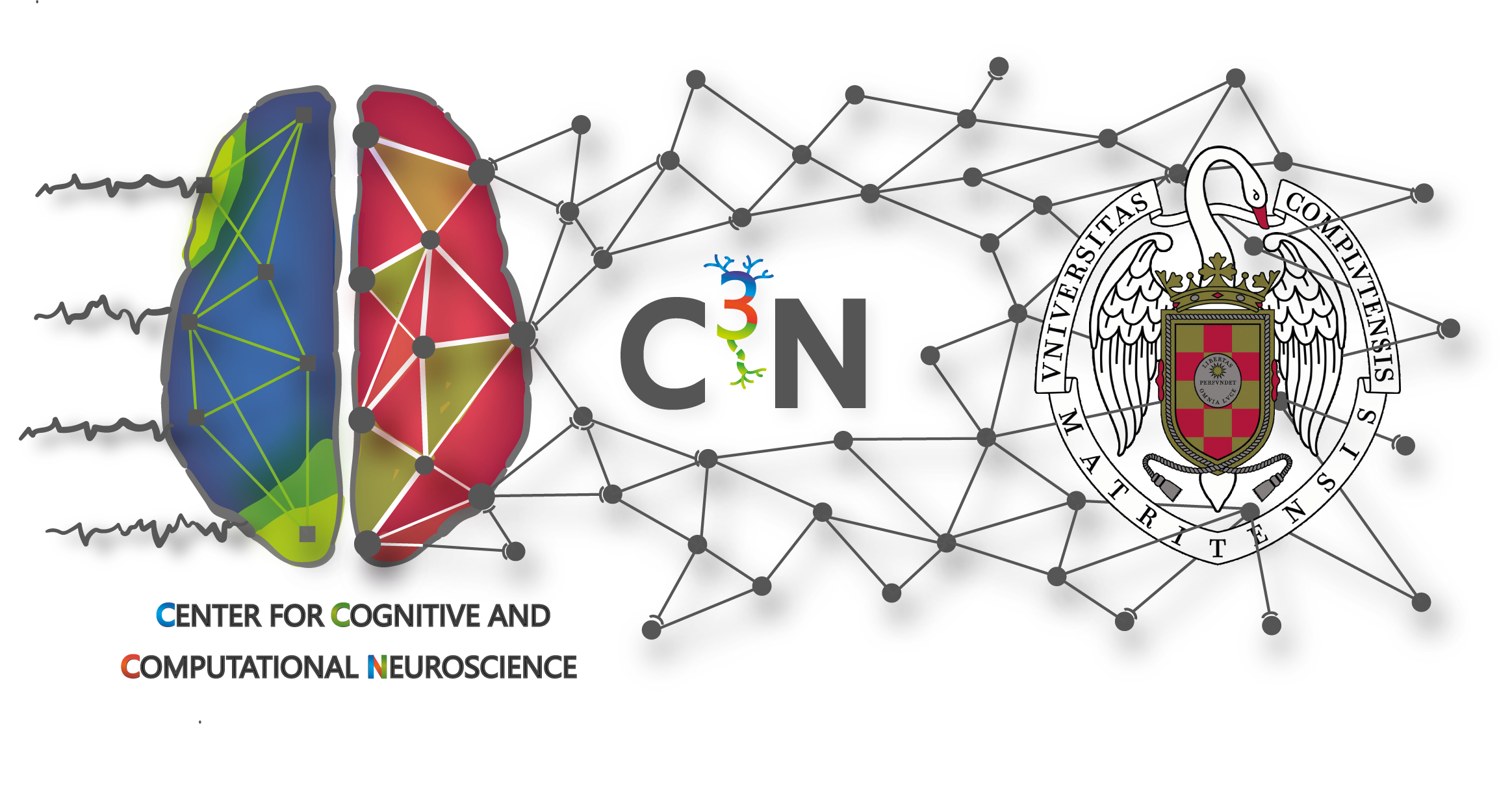
Ya está disponible el boletín del estudio AI-Mind
Descubra metodologías innovadoras para el diagnóstico temprano de la demencia, estudios relacionados con la demencia e intervenciones[…]
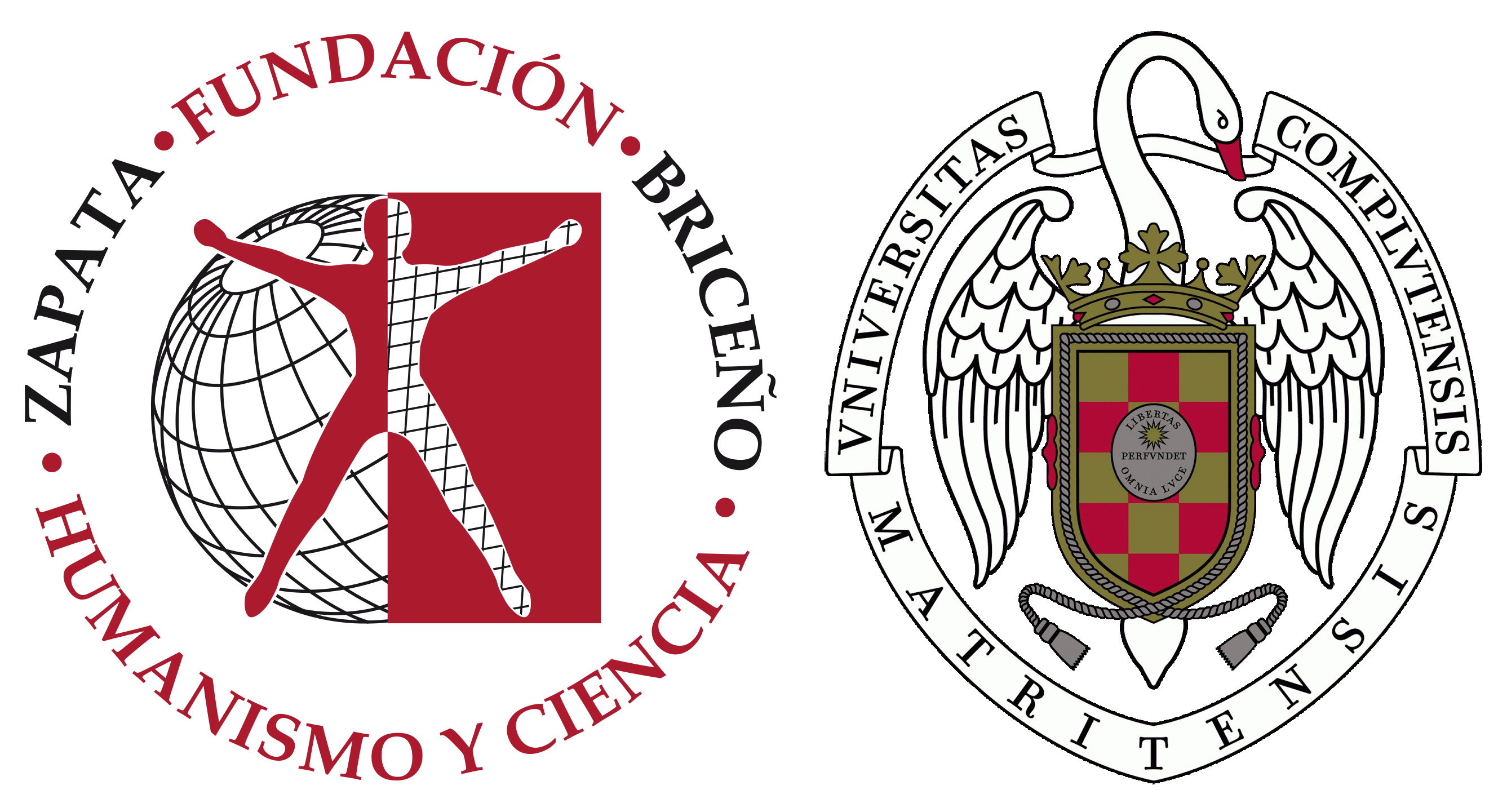
Simposio «Desde la neurociencia de Cajal a las metodologías de diagnóstico e intervención en las enfermedades neuropsiquiátricas»
Con el motivo de la Semana de la Ciencia 2022, la Fundación Humanismo y Ciencia y la[…]

La UCM y el C3N reciben financiación del Ministerio de Ciencia para la adquisición de un nuevo sistema de magnetoencefalografía
El Ministerio de Ciencia e Innovación, en su convocatoria de «Equipamiento Científico-Técnico 2021», ha valorado positivamente a[…]
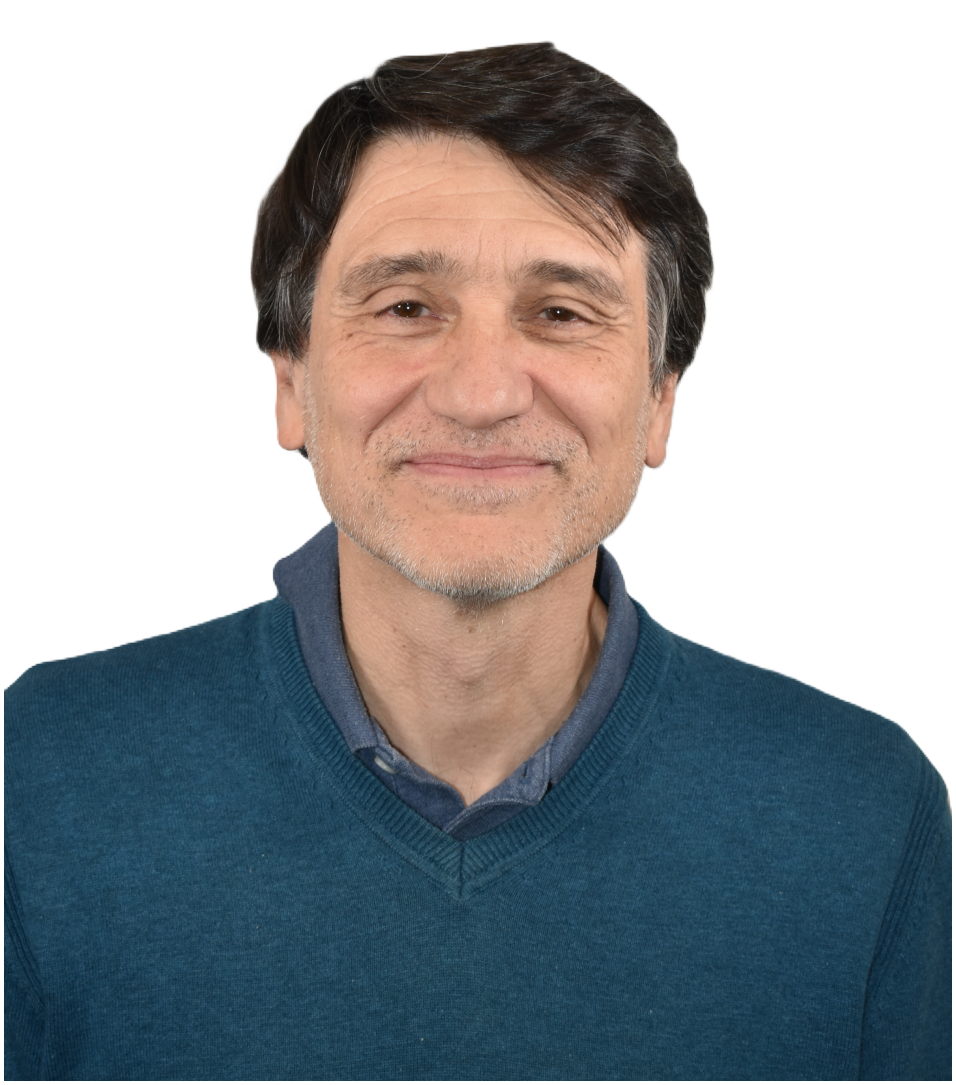
International master class imparted by Fernando Maestú
Fernando Maestú will give a Master class promoted by MEGIN, whe he will talk about the role[…]
